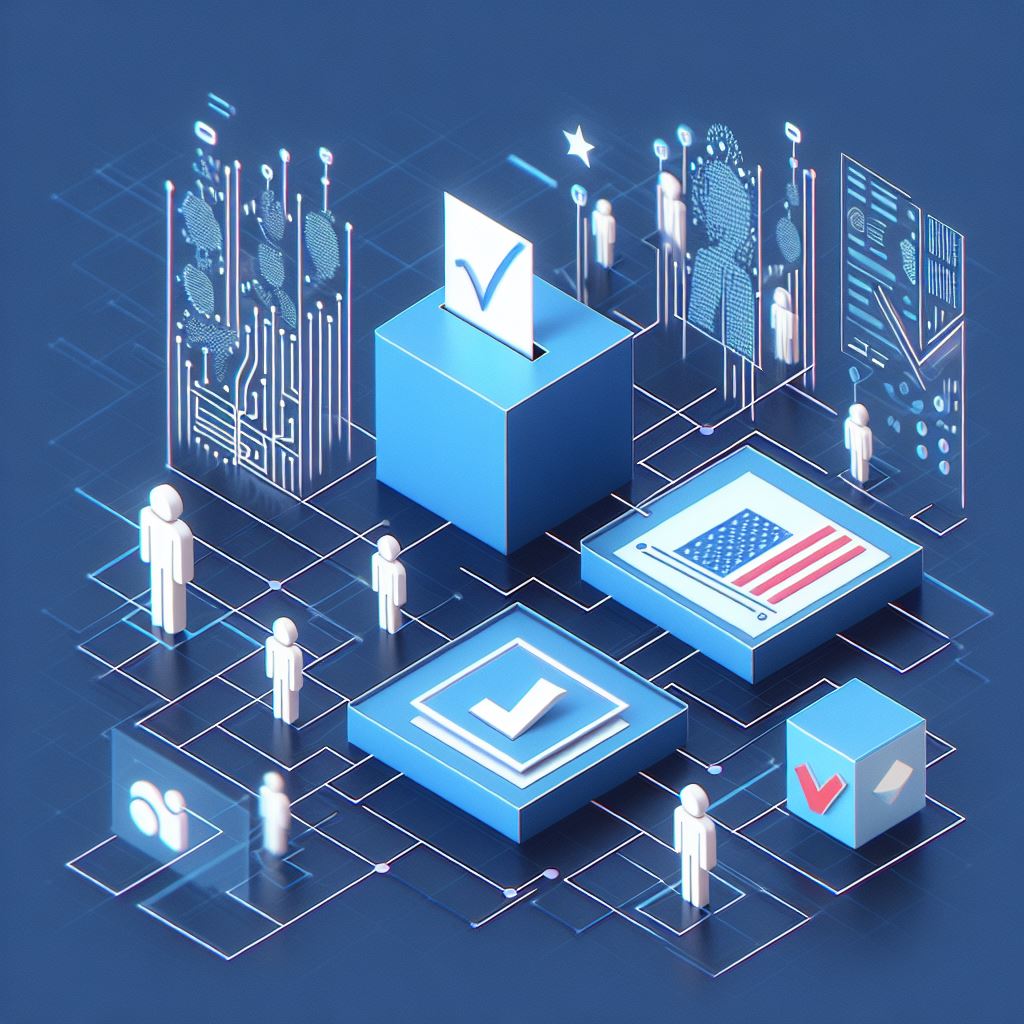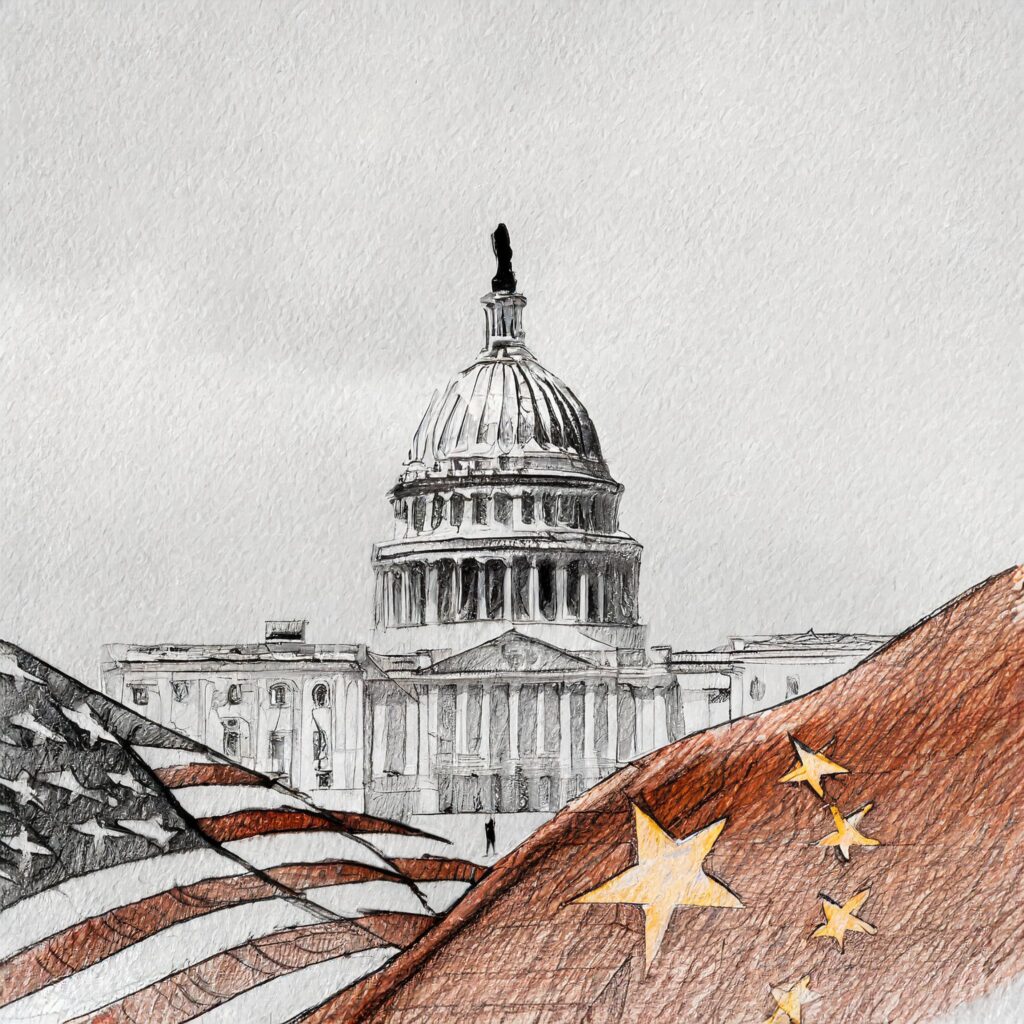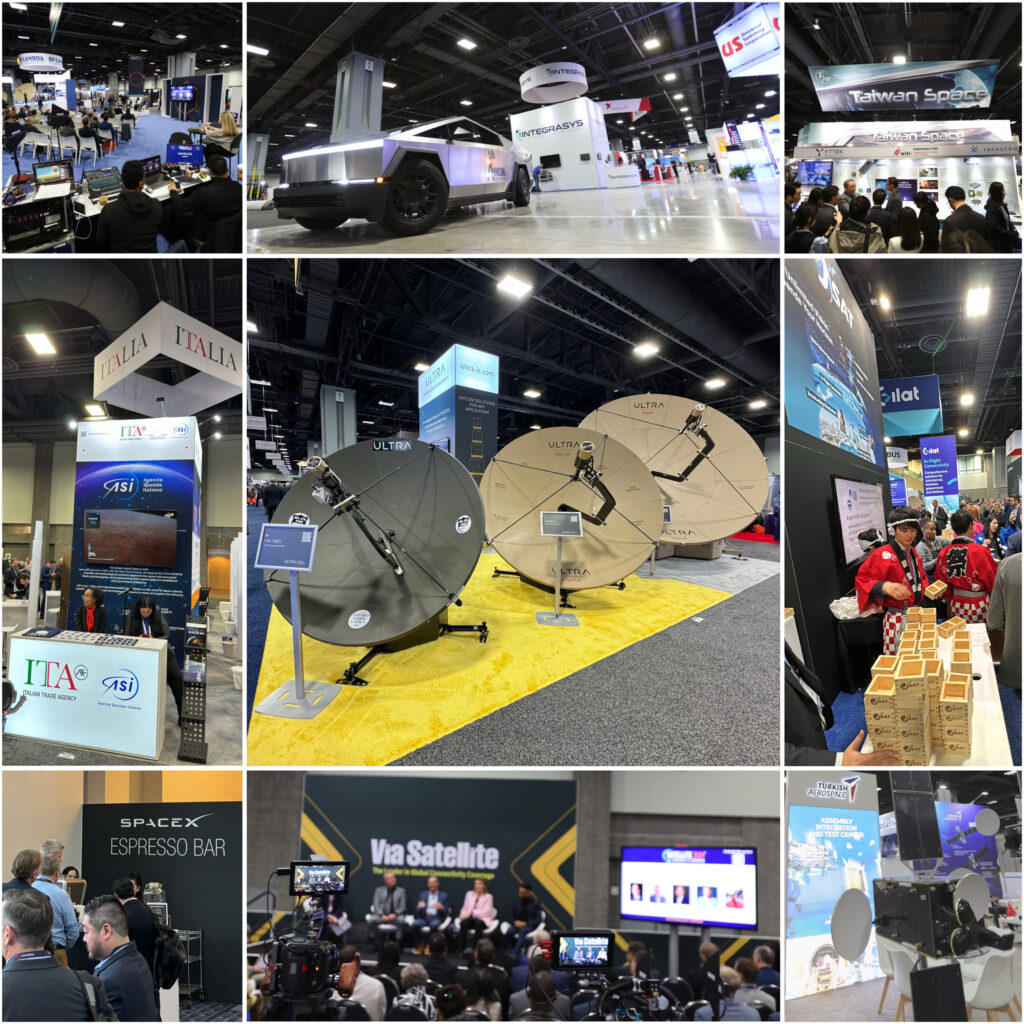| By Loc Le |
A Tech Accord to Combat Deceptive AI in Elections
With more than 40 crucial elections occurring this year around the world, companies in the technology industry have come together in a joint effort to mitigate the disruptive risk that AI tools pose. Announced on February 16, 2024, at the Munich Security Conference in Germany, the agreement, which is officially known as the “Tech Accord to Combat Deceptive Use of AI in 2024 Elections,” details how more than 20 leading technology companies will collaborate to develop countermeasures against AI-generated content intended to deceive voters. According to the full accord, such content, which has been categorized under Deceptive AI Election Content, includes “convincing AI-generated audio, video, and images that deceptively fake or alter the appearance, voice, or actions of political candidates, election officials, and other key stakeholders in a democratic election, or that provide false information to voters about when, where, and how they can lawfully vote.”
Signatories and Goals of the Tech Accord
Upon the initial announcement, the 20 companies that officially pledged to the accord were: Adobe, Amazon, Anthropic, Arm, ElevenLabs, Google, IBM, Inflection AI, LinkedIn, McAfee, Meta, Microsoft, Nota, OpenAI, Snap Inc., Stability AI, TikTok, Trend Mirco, Truepic, and X. Since then, three more companies have joined the cause including Gen Digital, LG, and NetApp. These companies, and any others who join the effort, will work together to combat AI interference in the upcoming global elections by pursuing the following seven principal goals:
- Prevention: Conducting research, investing resources, and implementing effective measures to mitigate the deliberate production of Deceptive AI Election Content.
- Provenance: Integrating indicators that enable the origin of content to be discovered whenever feasible and appropriate.
- Detection: Employing methods to identify Deceptive AI Election Content or authenticated content such as the cross-platform analysis of provenance signals.
- Responsive Protection: Swiftly and proportionately responding to incidents where Deceptive AI Election Content is generated and distributed.
- Evaluation: Collaboratively evaluating and learning from experiences and outcomes in addressing Deceptive AI Election Content.
- Public Awareness: Participating in collective efforts to enhance public understanding of media literacy, particularly regarding Deceptive AI Election Content, and how citizens can safeguard themselves against manipulation or deception.
- Resilience: Supporting initiatives focused on developing and providing defensive tools and resources, such as AI literacy, open-source AI-based solutions, or contextual features, to safeguard public debate, uphold democratic integrity, and foster societal resilience against the use of Deceptive AI Election Content.
AI Already Deceptively Disrupting Elections
Due to the tremendous growth of generative AI, this accord comes at a crucial time as there have already been incidents of AI interfering with recent elections. For instance, during New Hampshire’s primary election in January, fake audio with U.S. President Joe Biden’s voice was generated and used in robocalls urging Democrats not to vote. Another incident involving fake audio occurred during Slovakia’s elections in November when a candidate’s voice was fabricated to make it sound like they were planning to raise beer prices and rig the election.
Given that 2024 will be the “biggest voting year in world history,” risks similar to the incident in New Hampshire and Slovakia must be mitigated to preserve the integrity of all democratic elections around the world. Participating companies have recognized this fact and have cited it as a core reason for their involvement. Amazon’s Senior Vice President of Global Public Policy David Zapolsky stated that “this is a pivotal election year for more than 4 billion votes globally and security and trust are essential to the success of elections and campaigns around the world.” Kent Walker, President of Global Affairs at Google and Alphabet also said that “democracy rests on safe and secure elections.” Furthermore, Meta’s President of Global Affairs Nick Clegg stated that “with so many major elections taking place this year, it’s vital we do what we can to prevent people being deceived by AI-generated content.”
Mixed Public Reception and Criticisms of the Tech Accord
Despite several of the largest tech companies in the world voicing their clear support for the accord, the overall sentiment towards it by external parties has been mixed. For instance, Yvette Clark, U.S. Representative for New York’s 9th Congressional district, supports the accord and believes that “this could be a defining moment for this Congress, and this may be the one unifying issue where we can band together to protect this nation and future generations of Americans to come.” Conversely, other individuals such as Jeff Allen, co-founder of the Integrity Institute, and Lisa Gilbert, executive vice president of the advocacy group Public Citizen, believe that the accord is a “positive step” but it is “not enough” and that more needs to be done. Free Press senior counsel Nora Benavidez also has the same opinions as Allen and Gilbert and is skeptical about the accord as “[in] every election cycle, tech companies pledge to a vague set of democratic standards and then fail to fully deliver on these promises.”
Potential Impact and Future Outlook of the Tech Accord
While many of the participating large tech companies have already individually addressed the general AI concerns and risks prior to the agreement, it will be interesting to see the upcoming changes now that companies are collaborating with one another under the accord. Perhaps it will be considered as the catalyst for advancing AI development regulations which many experts have been yearning for as they have continually criticized lawmakers for their lack of progress in addressing the risks and concerns with AI. Nevertheless, as more elections come closer, it is paramount for all companies participating in the accord to urgently mitigate the potential disruption that AI can cause in order to ensure fair and secure global elections.



